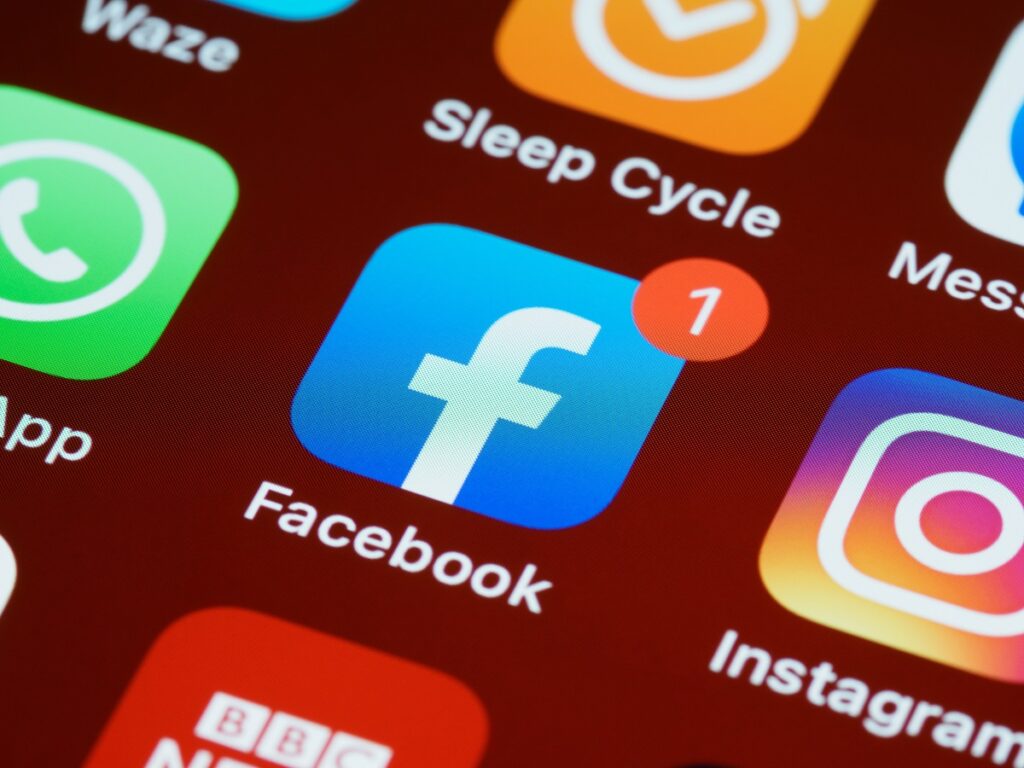Facebook has a negative impact on the mental health of college students, according to a new study.
Researchers from Tel Aviv University and elsewhere focused on groups who used Facebook in its early years (2004-2006) and groups that did not. At the time, the new social network was gradually spreading through academic institutions and it was still possible to detect its impact by comparing colleges that had access to the platform to colleges that did not.
The number of students using Facebook who reported suffering severe depression was seven per cent higher than those who did not. The number who said they they experienced anxiety was up by 20 per cent.
The study combined information from two different datasets: the specific dates on which Facebook was introduced at 775 American colleges, and the National College Health Assessment (NCHA), a survey conducted periodically at American colleges.
They also took into account any differences in mental health over time or across colleges that were not related to Facebook. This approach would not be possible today, now that billions of people use many different social networks.
“Many studies have found a correlation between the use of social media and various symptoms related to mental health,” said Prof Alexey Makarin of the MIT Sloan School of Management.
“However, so far, it has been challenging to ascertain whether social media was actually the cause of poor mental health. In this study, by applying a novel research method, we were able to establish this causality.”
Sign up for our free weekly newsletter
SubscribeProf Luca Braghieri of Bocconi University said: “Over the last 15 years, the mental health trends of adolescents and young adults in the United States have worsened considerably.
“Since such worsening in trends coincided with the rise of social media, it seemed plausible to speculate that the two phenomena might be related.”
Dr. Roee Levy of the Berglas School of Economics, at Tel Aviv University, said: “When studying the potential mechanisms, we hypothesized that unfavorable social comparisons could explain the effects we found, and that students more susceptible to such comparisons were more likely to suffer negative effects.
“To test this interpretation, we looked at more data from the NCHA. We found, for example, a greater negative impact on the mental health of students who lived off-campus and were consequently less involved in social activities, and a greater negative impact on students with credit card debts who saw their supposedly wealthier peers on the network.
“We also found evidence that Facebook had changed students’ beliefs about their peers: more students believed that others consumed more alcohol, even though alcohol consumption had not changed significantly.”
Related posts

Israeli AI Safety Tool Among TIME’S Best Inventions For 2024

TAU Team Discovers Mechanism To Eliminate Cancerous Tumors

Ashdod Port Investing In Startups As Part Of Innovation Strategy




Facebook comments